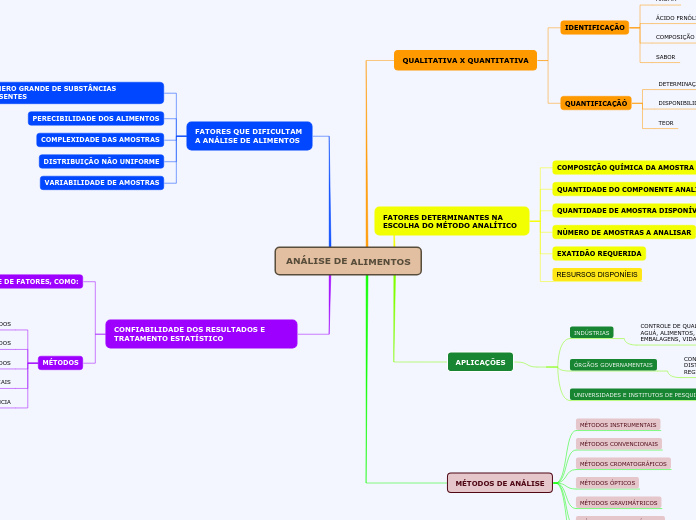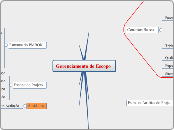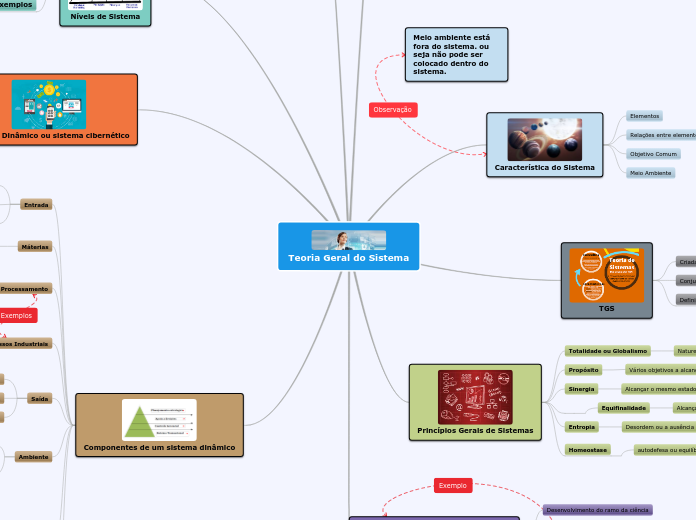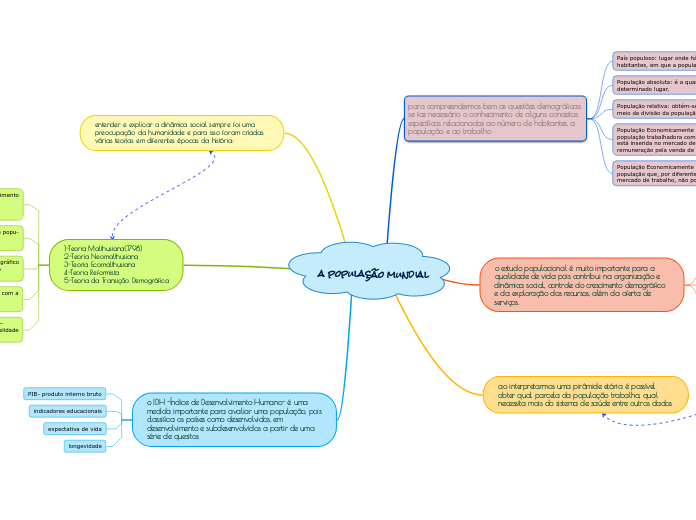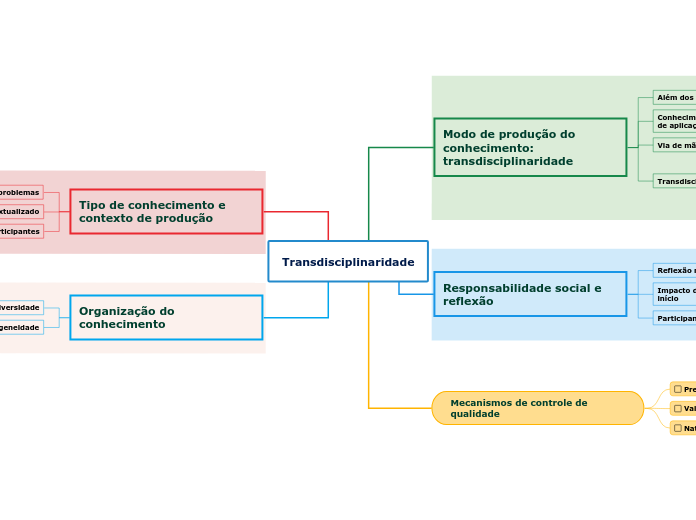ANÁLISE DE ALIMENTOS
In linguistics, syntax is the set of rules, principles, and processes that govern the structure of sentences in a given language, usually including word order.
CONFIABILIDADE DOS RESULTADOS E TRATAMENTO ESTATÍSTICO
A compound sentence is a sentence that has at least two independent clauses joined by a comma, semicolon or conjunction. An independent clause is a clause that has a subject and verb and forms a complete thought.
MÉTODOS
Create your own compound sentences, using the coordinators above.
MÉTODOS PADRÕES OU DE REFEÊNCIA
MÉTODOS OFICIAIS
MÉTODOS MODIFICADOS
MÉTODOS AUTOMATIZADOS
MÉTODOS RÁPIDOS
DEPENDE DE FATORES, COMO:
When independent clauses are joined with coordinators (also called coordinating conjunctions), commas and semicolons, they do more than just join the clauses. They add meaning and flow to your writing.
EXATIDÃO
PRECISÃO
ESPECIFICIDADE
SENSIBILIDADE
FATORES QUE DIFICULTAM A ANÁLISE DE ALIMENTOS
A complex sentence is a sentence that contains an independent clause and one or more dependent clauses.
An independent clause can stand alone as a sentence, but a dependent clause even though it has a subject and a verb cannot stand alone.
VARIABILIDADE DE AMOSTRAS
Attributive clauses serve as an attribute to a noun (pronoun) in the main clause. This noun or pronoun is called the antecedent of the clause.
DISTRIBUIÇÃO NÃO UNIFORME
An adverbial clause is a group of two or more words that function as an adverb in a sentence.
COMPLEXIDADE DAS AMOSTRAS
The subject clause is a dependent clause that acts as a subject.
PERECIBILIDADE DOS ALIMENTOS
A predicative clause may be introduced by conjunctions - that, whether, whether... or, as, as if, as though, because, lest, the way - or connectives.
The latter may be conjunctive pronouns - who, whoever, what, whatever, which - or conjunctive adverbs - where, wherever, when, whenever, how, why.
NÚMERO GRANDE DE SUBSTÂNCIAS PRESENTES
The object clause is a phrase on which a verb performs an action. It falls at the end of a sentence, and is governed by a verb or a preposition.
MÉTODOS DE ANÁLISE
MÉTODOS VOLUMÉTRICOS
MÉTODOS ELETROQUÍMICOS
MÉTODOS GRAVIMÁTRICOS
MÉTODOS ÓPTICOS
MÉTODOS CROMATOGRÁFICOS
MÉTODOS CONVENCIONAIS
MÉTODOS INSTRUMENTAIS
APLICAÇÕES
FATORES DETERMINANTES NA ESCOLHA DO MÉTODO ANALÍTICO
RESURSOS DISPONÍEIS
EXATIDÃO REQUERIDA
See the example below and try to create your own simple sentences.
Tim is driving the red car.
NÚMERO DE AMOSTRAS A ANALISAR
See the example below and try to create your own simple sentences.
Tim is driving the car with his mother.
QUANTIDADE DE AMOSTRA DISPONÍVEL
See the example below and try to create your own simple sentences.
Tim is the driver.
QUANTIDADE DO COMPONENTE ANALISADO
See the example below and try to create your own simple sentences.
Tim drives the car.
COMPOSIÇÃO QUÍMICA DA AMOSTRA
See the example below and try to create your own simple sentences.
Tim drives.
QUALITATIVA X QUANTITATIVA
QUANTIFICAÇÃÓ
An adverbial is an individual word (that is, an adverb), a phrase, or a clause that can modify a verb, an adjective, or a complete sentence.
TEOR
DISPONIBILIDADE
DETERMINAÇÃÓ
IDENTIFICAÇÃO
Traditional grammar defines the object in a sentence as the entity that is acted upon by the subject.
SABOR
COMPOSIÇÃO
ÁCIDO FRNÓLICO
The indirect object identifies the person/thing for whom/which the action of the verb is performed.
The indirect object is usually a person or a thing.
AROMA
The direct object is the receiver of the action mentioned in the sentence.
